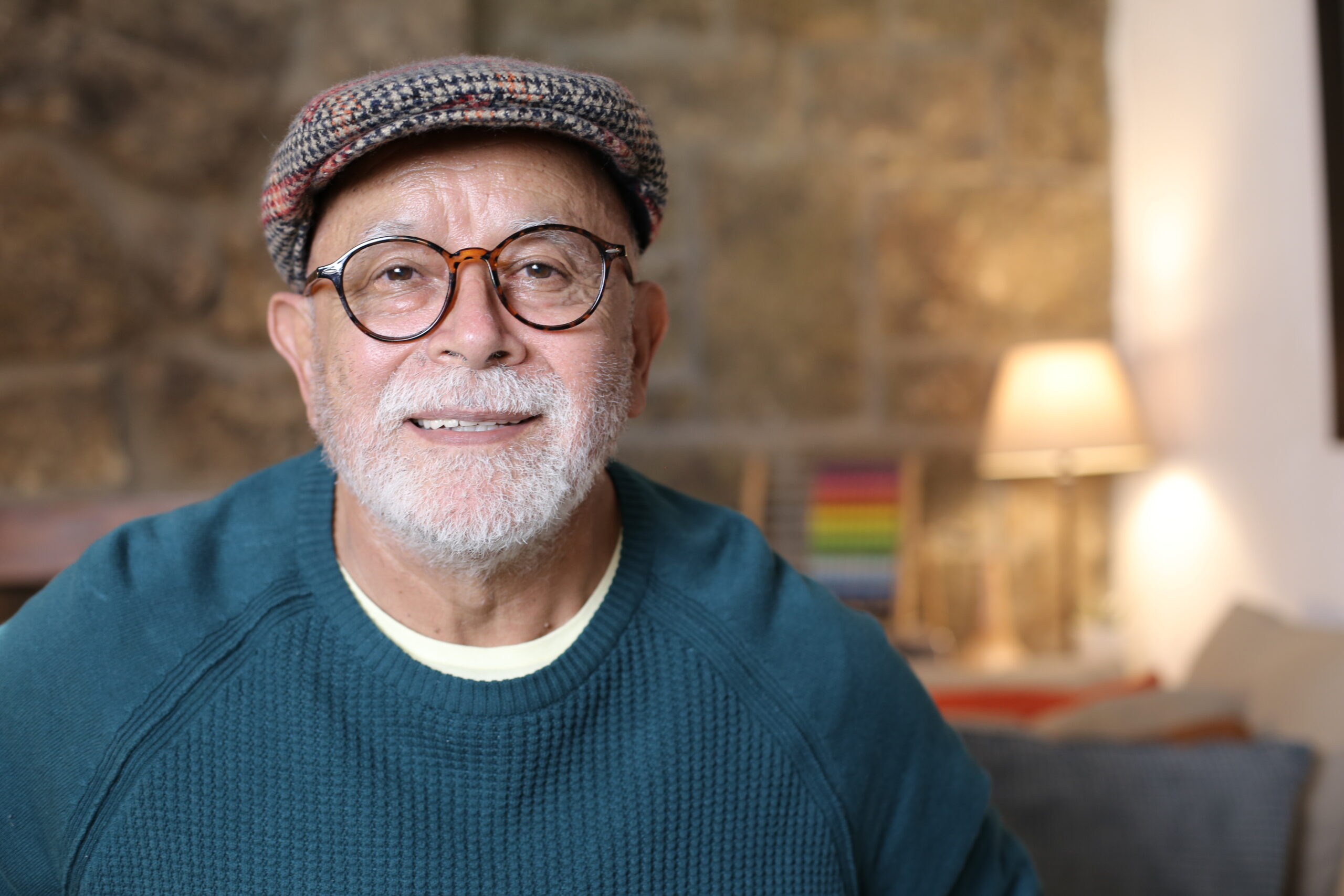LIVING WITH HIGH BLOOD PRESSURE
“Don’t let a heart attack be the first symptom!”
– Jerry, 78 years old

At age 50, Jerry* was gardening with his son when he experienced sharp pains near his left shoulder followed by a tingling sensation down his left arm.
Jerry recognised these signs from a first aid course he did at work and knew he was having a heart attack. He called for his wife and asked her to call an ambulance. He later woke up in a hospital bed.
The heart specialist diagnosed Jerry with hypertension (high blood pressure). Before his heart attack, Jerry didn’t know he had high blood pressure. He had been fit and athletic as a younger man but smoked and regularly drank alcohol from the age of 18. He was started on a number of medications and encouraged to change his lifestyle; to stop smoking, start exercising and to eat a balanced diet.
Since that first heart attack, Jerry regularly visited his GP and heart specialist for check-ups and medication reviews. In 2012, the heart specialist found that Jerry had a couple of blocked heart arteries that required surgery. His was admitted to the hospital, and had two stents** placed into the blocked arteries to open them up. Jerry does not recall having any chest pain or shortness of breath during this time: his blood pressure was controlled on a combination of two medications and he was symptom free.
Living with heart disease, Jerry takes multiple medications daily.
The medications include medications to help control his blood pressure, type 2 diabetes and cholesterol. Jerry also uses a CPAP machine at night for his sleep apnoea. Jerry tries to keep his weight in a healthy range by exercising regularly and eating well. At his most recent GP visit, he was happy to hear that his blood pressure was under control. One of Jerry’s friends has recently been diagnosed with high blood pressure. They have shared advice on things like diet and exercise. Although Jerry continues to enjoy a scotch every night, his dietician is satisfied that he has a well-balanced diet and his portion sizes are good.
Jerry is now in his 70s and continues to visits his GP and heart specialist every 6 months. He reflects on his strong family history of heart problems (sadly he has lost both parents and two siblings to heart disease). Despite this, Jerry has a very positive mindset. He follows his doctor’s advice and feels he is currently in good health.
*Names changed. Stock photo shown.
**A stent is a tiny tube that is inserted into a blocked blood vessel to keep it open.